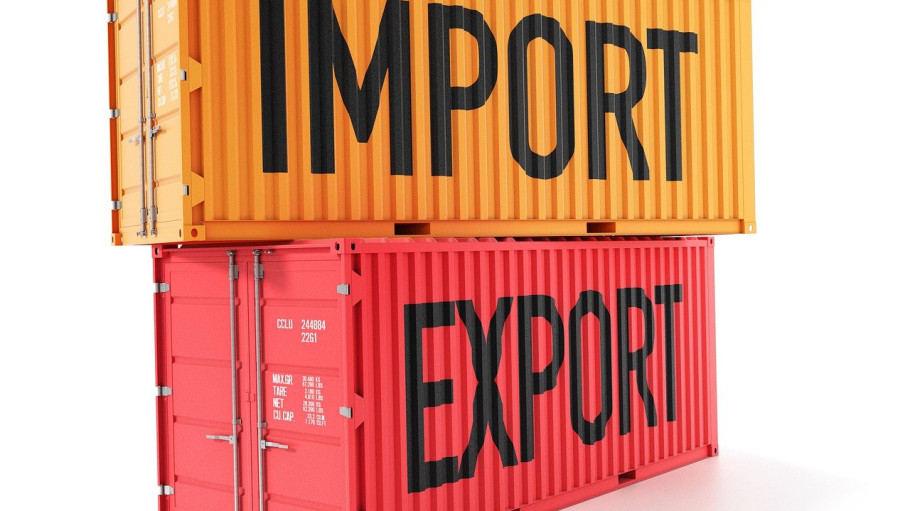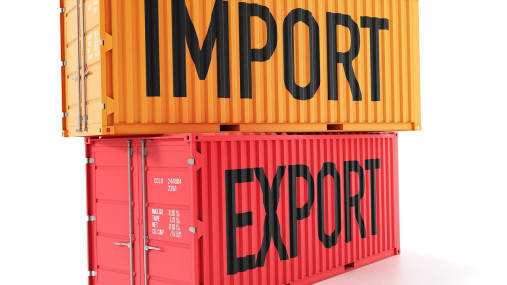
Press releases » GFSEC countries must curb global steel excess capacity through immediate trade actions, urges EUROFER
GFSEC countries must curb global steel excess capacity through immediate trade actions, urges EUROFER
Downloads and links
Recent updates

Brussels, 08 October 2024 – The latest data disclosed by the Global Forum on Steel Excess Capacity (GFSEC), revealing a further increase in global overcapacity, require immediate, comprehensive trade actions by GFSEC like-minded countries. The impact of this destructive dynamic, distorting the global steel market and threatening thousands of jobs across Europe alone, needs to be tackled as a matter of urgency, says the European Steel Association.
“The time for waiting for overcapacity to resolve itself through market forces is over. We need a credible strategy focusing on concrete actions that GFSEC countries can take, including unilateral trade actions. Persisting in keeping markets open only benefits those countries that withdrew from the Global Forum and those that continue to export excess steel, either in reaction to disruptive import surges or in denial of their own overcapacity”, said Axel Eggert, Director General of the European Steel Association (EUROFER). “Such trade actions must be comprehensive, addressing the full range of products and countries, as steel excess capacity is a global issue affecting the entire industry. While we support the principles put forward by the GFSEC, we note that a vast number of countries has already imposed tariffs on steel imports”, he added.
At today’s GFSEC Ministerial Meeting, new data projected global steel excess capacity to reach 630 million metric tonnes by 2026 - equivalent to 5 times the EU steel crude production in 2023. This unprecedented challenge threatens the broader economies of regions with open markets, notably the EU. Given steel’s critical role in employment, innovation and clean technologies essential to the green transition, this surplus of carbon-intensive, underpriced steel not only distorts markets but also undermines competitiveness and decarbonisation efforts.
“European steelmakers are investing billions of euros in decarbonisation, yet these efforts are at risk of being nullified just by the additional excess capacity projected to come online by 2026. For every million tonnes of lost EU production capacity, an equivalent volume of imports floods our market. We need emergency actions to contain the spillover effects of global excess capacity and a structural solution to address its root causes”, concluded Mr. Eggert.
Contact
Lucia Sali, Spokesperson and Head of Communications, +32 2 738 79 35, (l.sali@eurofer.eu)
About the European Steel Association (EUROFER)
EUROFER AISBL is located in Brussels and was founded in 1976. It represents the entirety of steel production in the European Union. EUROFER members are steel companies and national steel federations throughout the EU. The major steel companies and national steel federation of Turkey, Ukraine and the United Kingdom are associate members.
The European Steel Association is recorded in the EU transparency register: 93038071152-83.
About the European steel industry
The European steel industry is a world leader in innovation and environmental sustainability. It has a turnover of around €191 billion and directly employs around 303,000 highly-skilled people, producing on average 140 million tonnes of steel per year. More than 500 steel production sites across 22 EU Member States provide direct and indirect employment to millions more European citizens. Closely integrated with Europe’s manufacturing and construction industries, steel is the backbone for development, growth and employment in Europe.
Steel is the most versatile industrial material in the world. The thousands of different grades and types of steel developed by the industry make the modern world possible. Steel is 100% recyclable and therefore is a fundamental part of the circular economy. As a basic engineering material, steel is also an essential factor in the development and deployment of innovative, CO2-mitigating technologies, improving resource efficiency and fostering sustainable development in Europe.

Letter to Commission President von der Leyen and Executive Vice-President Sejourne'
Brussels, 27 November 2024 – The European steel industry is at a critical juncture, facing irreversible decline unless the EU and Member States take immediate action to secure its future and green transition. Despite repeated warnings from the sector, the EU leadership and governments have yet to implement decisive measures to preserve manufacturing and allow green investments across Europe. Recent massive production cuts and closure announcements by European steelmakers show that time has run out. A robust European Steel Action Plan under an EU Clean Industrial Deal cannot wait or manufacturing value chains across Europe will simply vanish, warns the European Steel Association.
Brussels, 12 November 2024 - Ahead of Commissioner-Designate Séjourné’s hearing in the European Parliament, European steel social partners, supported by cross-party MEPs, jointly call for an EU Steel Action Plan to restore steel’s competitiveness, and save its green transition as well as steelworkers’ jobs across Europe.